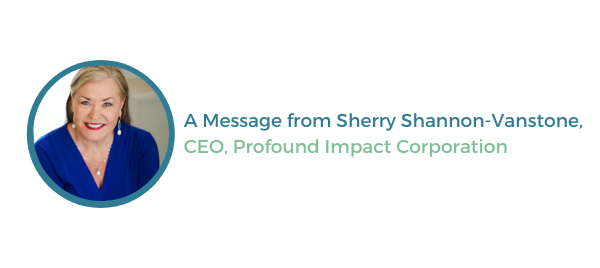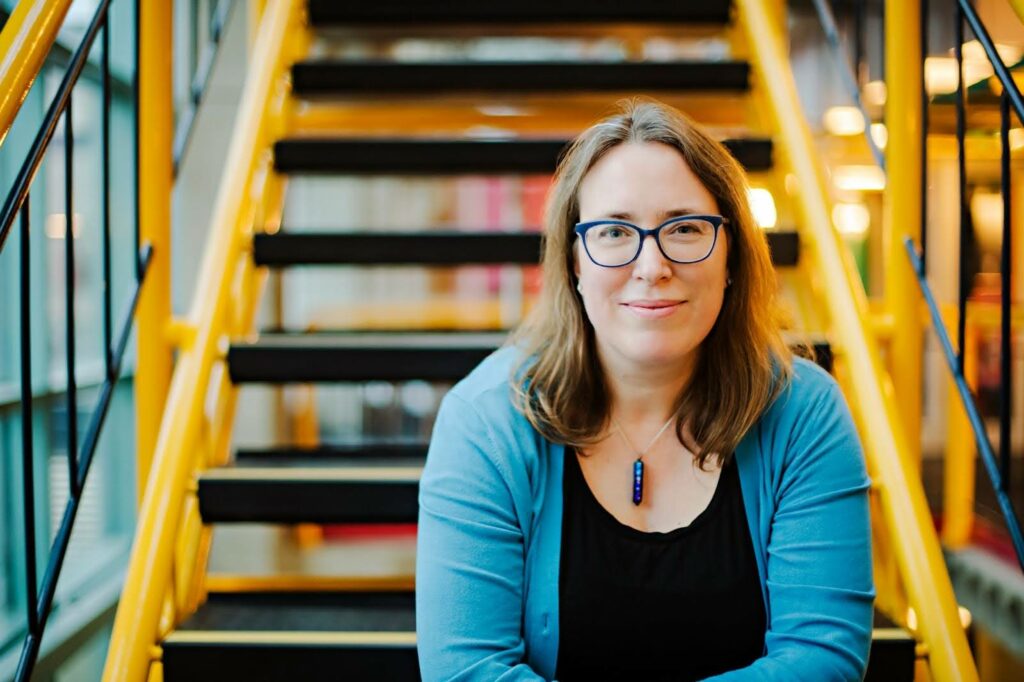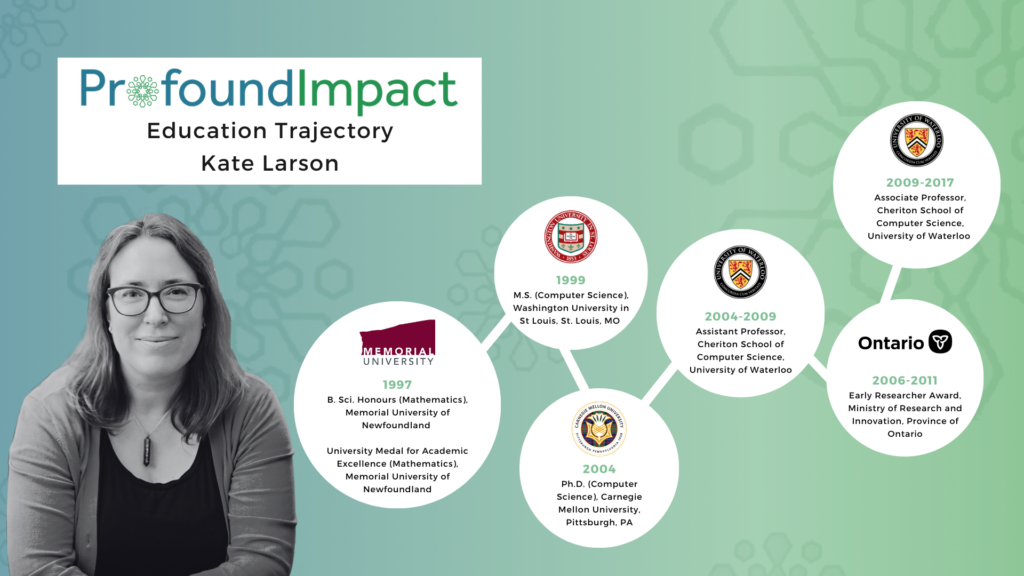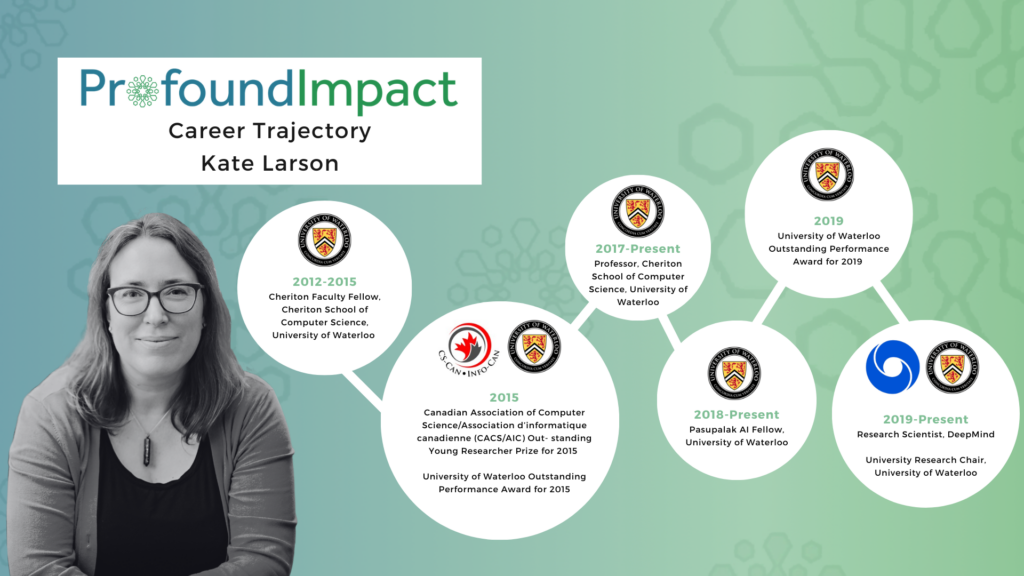CEO Message

Welcome to the October edition of Profound Connections.
In this issue of the newsletter, we launch Early Career Spotlight, where you’ll meet outstanding young researchers working on topics ranging from AI (Artificial Intelligence) to theoretical astrophysics to sustainable agriculture. This month we feature Computer Science PhD candidate, Domenic Rosati, who is conducting pioneering research on AI safety at Dalhousie University in Halifax.
This issue’s Researcher Spotlight profiles Kate Larson, Professor of Computer Science at the University of Waterloo and Research Scientist at DeepMind. Kate’s research focuses on multiagent systems and reinforcement learning, and applications of AI to support sustainable development and climate-related initiatives.
September was a busy month for the Profound Impact team. We celebrated the fifth annual Profound Impact Day on Monday, September 16, 2024. Inaugurated in 2019, Profound Impact Day is a celebration of the world’s diverse leaders, changemakers, and researchers who are leaving their mark on the global community through their initiatives, influence, and impact.
This year we recognized Roger Grosse, University of Toronto, Ali Ouni, ETS Montréal, and Liam Paull, Université de Montréal, the three winners of the CS-Can|Info-Can Outstanding Early Career Computer Science Researcher Award. Professors Ouni and Paull participated in a panel discussion with Feridun Hamdullahpur, former President and Vice-Chancellor at the University of Waterloo and inaugural winner of the Impactful Actions Award.
Celebrations also included a conversation between Dr. Kelly Lyons, Professor, Faculty of Information and the Department of Computer Science at the University of Toronto, and Chair of the CSCan-InfoCan Awards Committee and Profound Impact’s Sherryl Petricevic. Kelly and Sherryl talked about the vital importance, challenges and benefits of industry-academia collaboration and the challenges of early-stage career research.
Check out the conversations with Kelly Lyons and the award winners on Profound Impact’s YouTube channel.
Profound Impact participated in the launch of Women Funding Women Inc. (WFW) Waterloo Region on September 18. This exciting event featured passionate conversations with forward-thinking investors, ambitious founders, and dedicated ecosystem leaders. We’re proud to be part of the powerful movement to bridge the funding gap for women-led businesses and reshape the future of angel investing.
We were pleased to sponsor the Accelerator Centre’s She Talks Tech event, a conversation focused on fostering a supportive environment for the next generation of women in STEM, on September 26. I participated in a panel conversation with other women entrepreneurs, innovators, creatives, and academics who have overcome barriers in their STEM careers. A full recording of the event can be found here.
Profound Impact team members Jacqueline Watty and Sherryl Petricevic were present to support our partner, Innovation Factory, southwestern Ontario’s business accelerator for tech innovation, at the 14th annual LiONS LAIR pitch competition in Hamilton on September 26. LiONS LAIR showcases the best local talent and innovation in Brant, Halton, Hamilton and Norfolk. Congratulations to prize winners Infinite Harvest Technologies, Yellowbird Diagnostics, Inc., Maman Biomedical and DOUBL.
Want to see firsthand how the revolutionary matchmaking features of our AI-powered platform, Research Impact, can transform your research projects by finding the perfect funding match? Join us for University Research Impact Demo Day on 23rd. Sign up here to participate.
As always, thank you for your support and we hope you enjoy this month’s edition of Profound Connections!
Sherry Shannon-Vanstone



